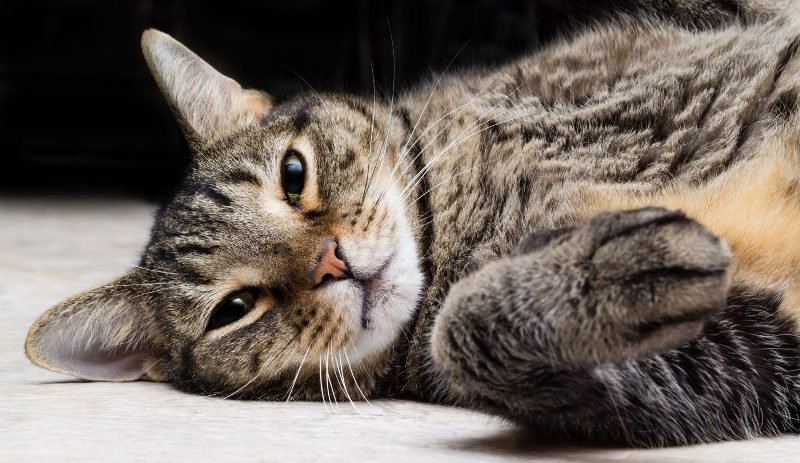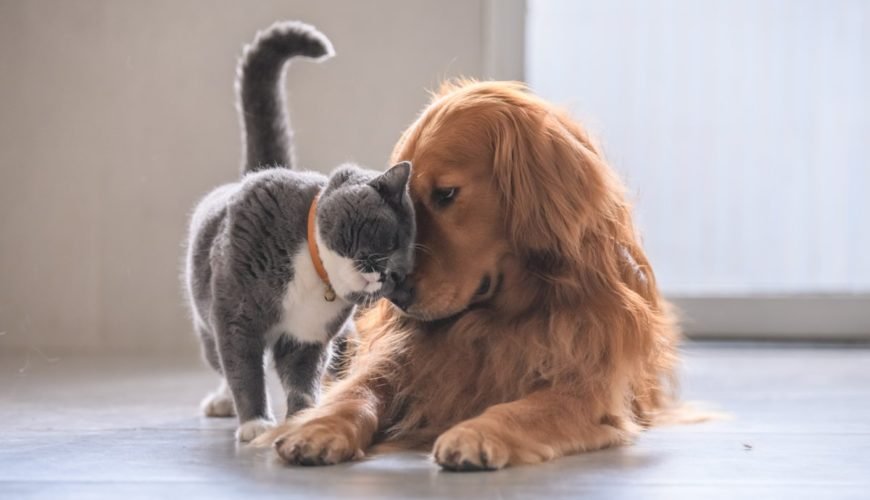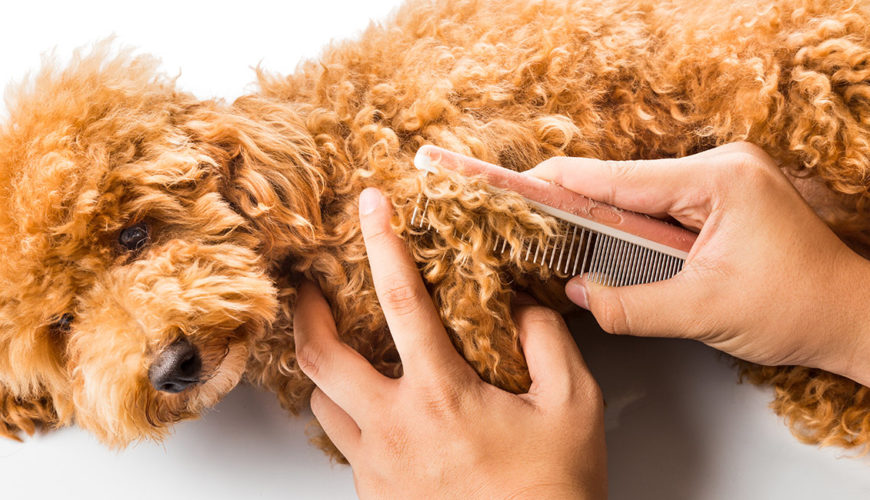Obesity among domesticated cats is a real problem, as it puts animals at greater risk of diabetes, urinary tract infections, and other health complications. Plus, it generally decreases their quality of life and impacts their wellbeing.
Domesticated cats are predisposed to becoming obese because they don’t hunt like their wild counterparts, which means that they don’t have as much opportunity to burn calories. Cats who are kept indoors and cats who have been neutered are at particular risk.
For indoor cats

A lot of people like to keep their cats indoors so that they can guarantee their safety from things like cars and other animals, from parasites like ticks and fleas, and so that they don’t have an adverse impact on the wild rodent and bird populations.
If you are going to keep a cat indoors, it’s important that you take steps to ensure that your pet is getting enough exercise to ensure that they don’t gain weight.
Some ways that you can promote exercise for indoor cats are:
- Providing controlled access to the outdoors using a run or a ‘catio’ allows your pet to run around outside while ensuring that they are safe.
- Give your cat lots of toys to chase in the house, and ensure that you spend each time playing with them – particularly games where they run and chase things like balls.
- Your cat needs to be able to scratch, and if you don’t provide a scratching post, then your furniture is likely to bear the brunt of this urge!
- Build them tunnels or let them play in cardboard boxes to fulfill their need to explore.
For neutered cats
Once cats are neutered, they lose some of their drive to wander and explore as a lot of that need is in pursuit of finding a mate. If you notice that your cat is spending more time sleeping after being neutered, then you can try playing with them more to see if you can encourage them to exercise. It’s also a good idea to lower their food intake after they have been neutered.
Carbs are not to blame

Diamond Pet has written an excellent introduction to carbohydrates for cats and how to implement it, dispelling some of the myths about carbohydrates in cat food.
Some people blame pet foods that are high in carbohydrates for the rising rate of feline obesity, but in actual fact, carbohydrates are an excellent source of energy for your cat, which can be easily and efficiently digested.
Cat’s digestive systems are designed for several small meals throughout the day, which dry pet foods held together with carbohydrates are well suited to.
The key to preventing obesity in cats is finding good quality pet food that will give your pet the energy it needs and ensure that you are not over feeding them. It can be helpful to measure pet food to ensure that you aren’t overdoing it, and if there are multiple people in the house, keep a log of who has fed the cat and when so that you don’t accidentally feed them too many times.




